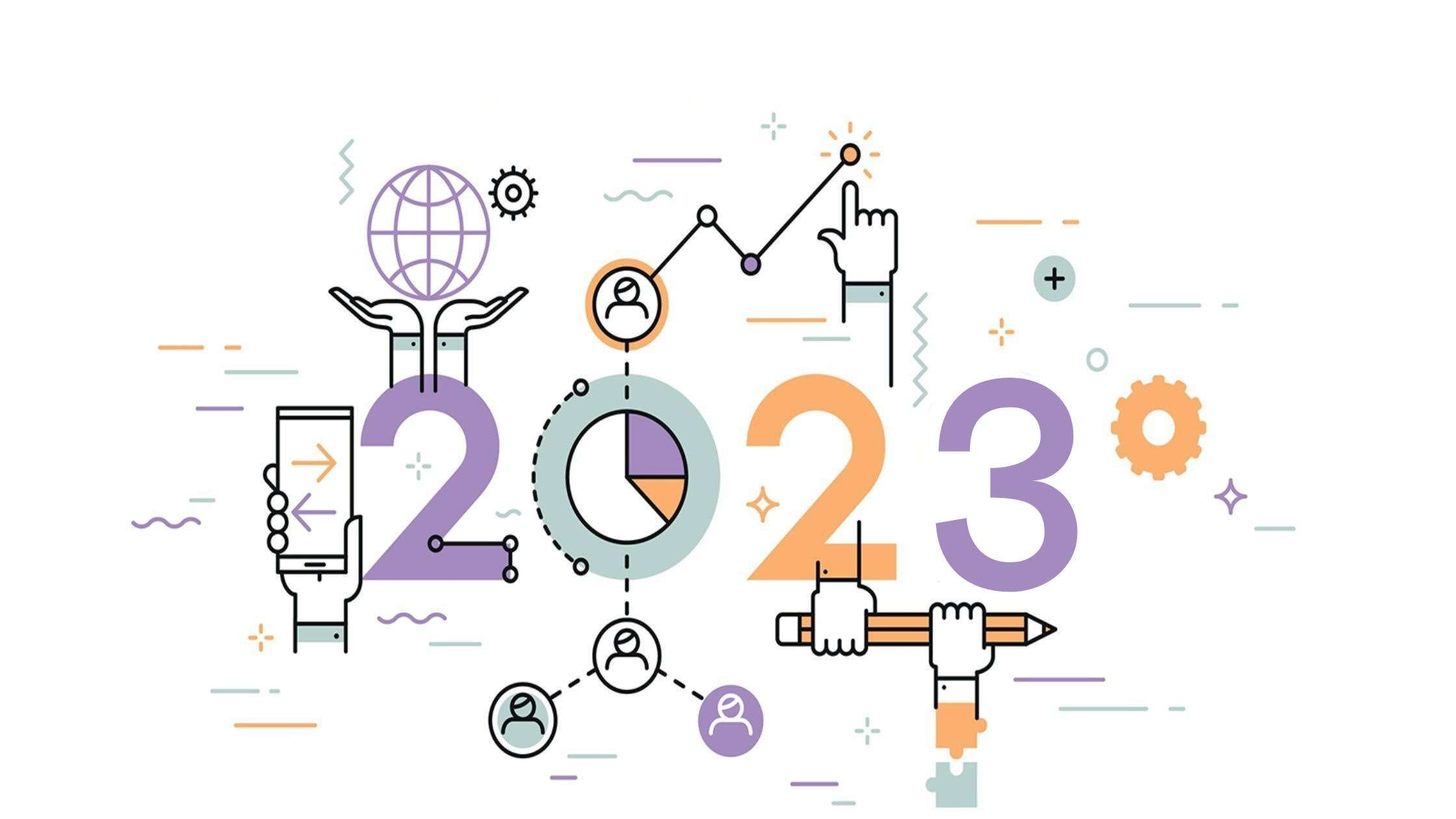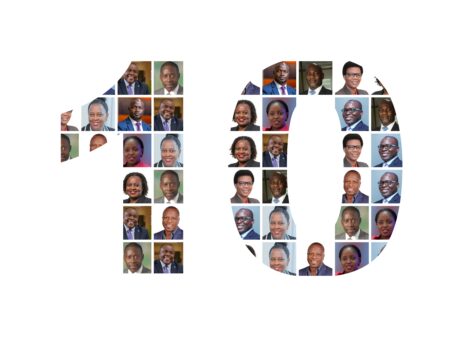#1: Return to Office Vs Working Remotely
Many people were affected by the COVID-19 Pandemic, and most workplaces came to a standstill. Many office-based staff were sent home, and others asked to work remotely. As the world slowly recovers from the pangs of the pandemic in 2023, several people are hopeful that they will return to office-based work. For some others, this pandemic affected the workplace so much that heavy investment was made in remote work, which led to a reduction in workplace overhead costs such as rent, utility bills, wear and tear, etc and also reduced the infection rate among workers, increased work-life balance etc and so they look forward to accelerating the shift from office-based work to increased remote work facilities in 2023.
#2: Mental Wellness
Many workplaces do not talk about mental wellness enough. Whether employees are aware of it or not, it affects every single one of us. Our own issues and those of the people around us will impact our everyday life- both our personal life and professional life. As 2023 starts, we can focus more on addressing mental wellness at the workplace to improve performance and relationships at work, in the process improve productivity and retention of employees.
#3: Spiritual Growth
Spiritual growth comes in many different forms and is an intensely personal experience. For some people, spirituality is tied directly to religion. Their religious beliefs guide their behaviour and attitudes. For others, spirituality is about being mindful and compassionate without specifically adhering to a religion. Spirituality plays a large role in many people’s lives, regardless of what form it comes in. It’s directly related to how people feel in the workplace. Finding spirituality can help some people feel happier and more engaged at work, which leads to many benefits such as reduced turnover and absenteeism. Realising the benefits of spirituality in the workplace will help employers and employees alike perform better in their roles. However, it’s also important for businesses to note that not all employees value spirituality or want to practice it in the workplace. Respecting this decision is also a good way to increase happiness in the workplace.
#4: HR Professionals Should Embrace Their New Roles
There has been a role shift of HR practice from personnel administration to Human Resource Management, to business partnering and currently to leveraging data and analytics to safely navigate their organisations and employees through business turbulence. HR professionals will increasingly focus on employee needs and balance them with workplace needs and be able to create an enabling culture and environment for maximum utilisation of talent.

#5: Embracing Flexibility
I work in a big hospital and sometimes within my workspace, we have had to bring on board Senior Medical Specialists and other extremely scarce talents on board through fruitful negotiations of time arrangements that suit them. Through understanding their schedules, we have built a robust system that meets the needs of our clients without compromising on quality services. If we had been rigid in our practices, we would have not been able to get the desired talent in our hospital. 2023 should see us embrace flexibility where our scarce but valuable employees may be given a chance to choose their work schedules as long as the output is guaranteed.
#6: Optimization Of Current Human Resources Through Up-Skilling
”Eneke the bird says that since men have learnt to shoot without missing, he has learned to fly without perching” -Things Fall Apart by Chinua Achebe. In today’s ever-changing world, new trends come which if not well prepared for, may render the once productive and valuable employees to become irrelevant. It is important for organisations to always skill and re-skill their employees. Organisations must approach the task strategically because if done incorrectly without proper alignment to both organisational and individual aspirations, it may end up being just an inconvenience added to their already-heavy workload, and a heavy cost to the organisation.
#7: Remain Relevant In The Face Of Increasing Reliance On Technology And Artificial Intelligence
As organisations rely more and more on technology, the employee who needs to remain relevant in the workplace in 2023 and beyond will have to focus on equipping themselves with human skills that would otherwise not be delivered through technology or artificial intelligence. Machines and AI are quickly substituting people in many aspects. It is only fair for employees to equip themselves with top sought-after skills such as effective communication skills, client service, attention to detail, and network marketing. In the face of AI and technology, it will also be relevant to acquire leadership skills as it is difficult to automate leadership skills.
#8: Organizations Will Hire More Skilled Workers Compared To Qualified Workers
In my HR practice, I have increasingly seen the panels I sit on becoming more interested in skills rather than qualifications. An organization I sat on a recruitment panel for four years ago as they sought a Business Development Manager took on a young lady who had a bachelor’s degree in Forestry, in favour against all the other candidates who had turned up for the interviews with business qualifications! She worked for four years and recently resigned from her role after such a big impact in her role to this company. The panel had seen her agility, good communication and interpersonal skills, confidence, negotiation skills, and business intelligence among others. Such trends of sourcing for skills rather than qualifications will become more relied on in 2023.
#9: Organizations Will Focus More On Business Sustainability To Avoid Being Bitten Twice
Many organisations closed down two years ago as a result of the impact of the Global Pandemic of COVID-19. As organisations rebuild their strategies and come back to business, they have increased their focus to remain sustainable in the long run. They will be leaner and meaner, focus more on new trends such as the impact of the Environment on their business, Social factors, as well as restructure their Governance systems for the long haul. New C-Suite positions such as ESG Executives will become more common.
#10: People will increasingly quit not because of bad jobs, but because of poor leadership
Organizations can make arrangements for good rewards and benefits strategies, good work ambience, wellness facilities, good titles etc, but as long as the leadership style is toxic, all will be in vain. Resignations will become an increasing reality at the place of work in 2023 if employees feel that the leaders they have such as line supervisors, heads of department or top executives are not giving them the right leadership. Many scholars have already re-echoed that people quit people, not companies and that people quit because of bad leaders. So as we refocus our wins for 2023, let’s invest more in leaders who inspire and motivate their teams, while remembering to be good leaders ourselves.


 Tight Rules, Big Money: Energy Ministry Restricts Gold Trade to Licensed Operators as Central Bank Enters a UGX 20 Trillion Market
Tight Rules, Big Money: Energy Ministry Restricts Gold Trade to Licensed Operators as Central Bank Enters a UGX 20 Trillion Market 


